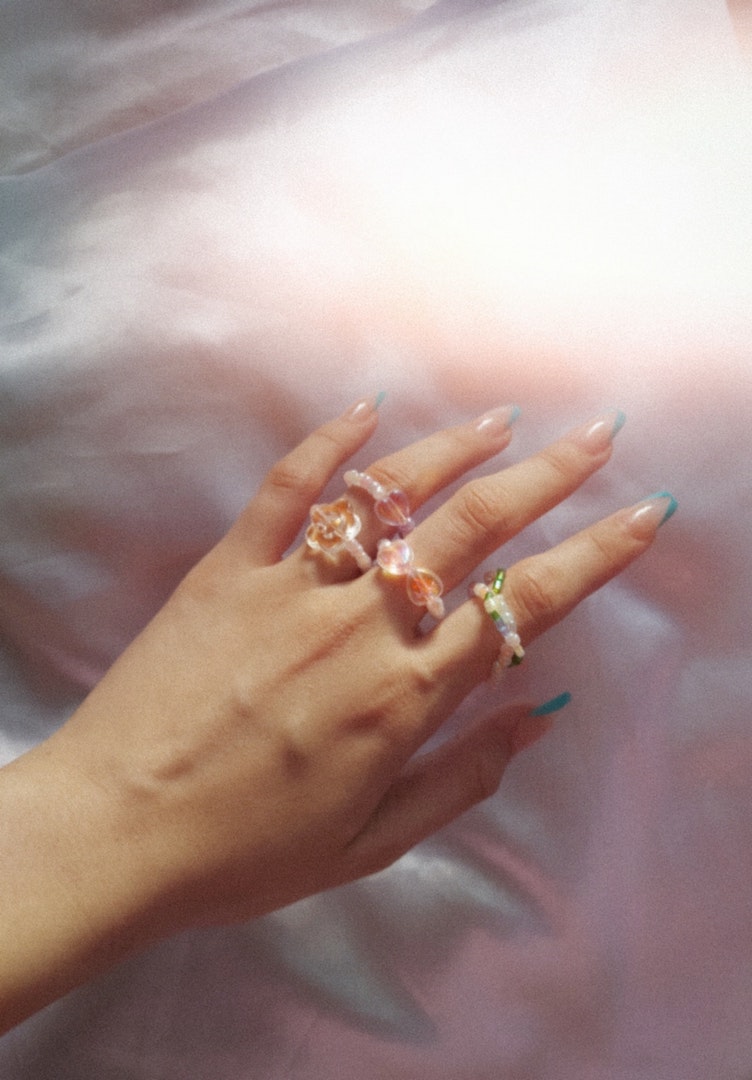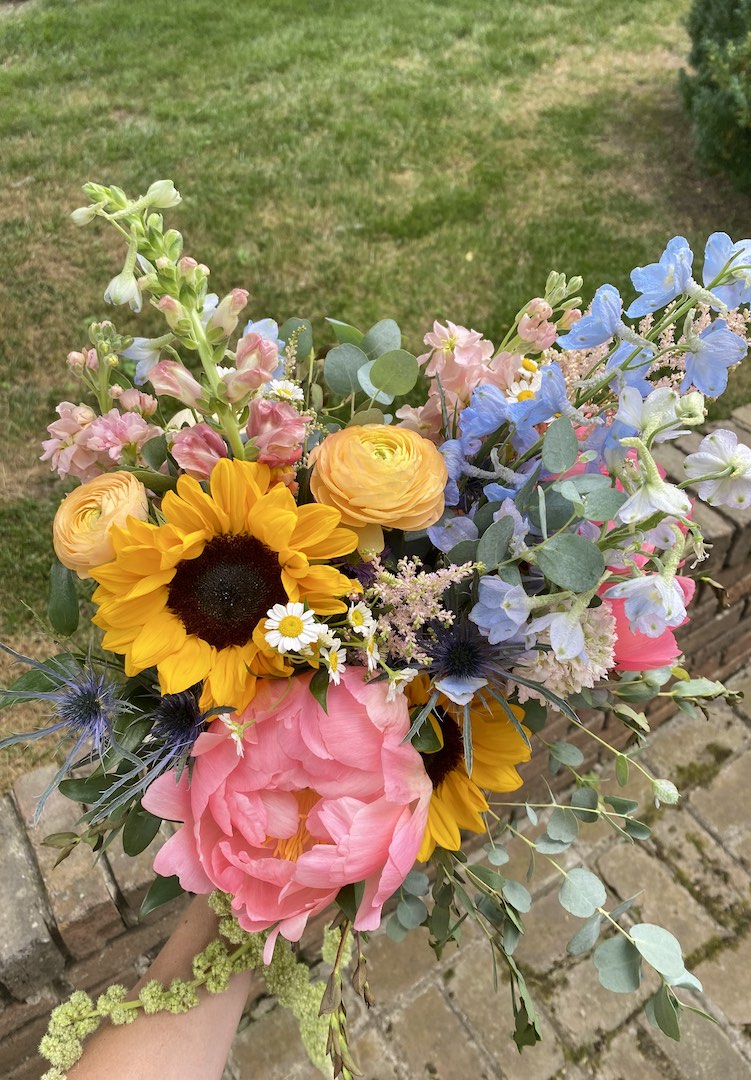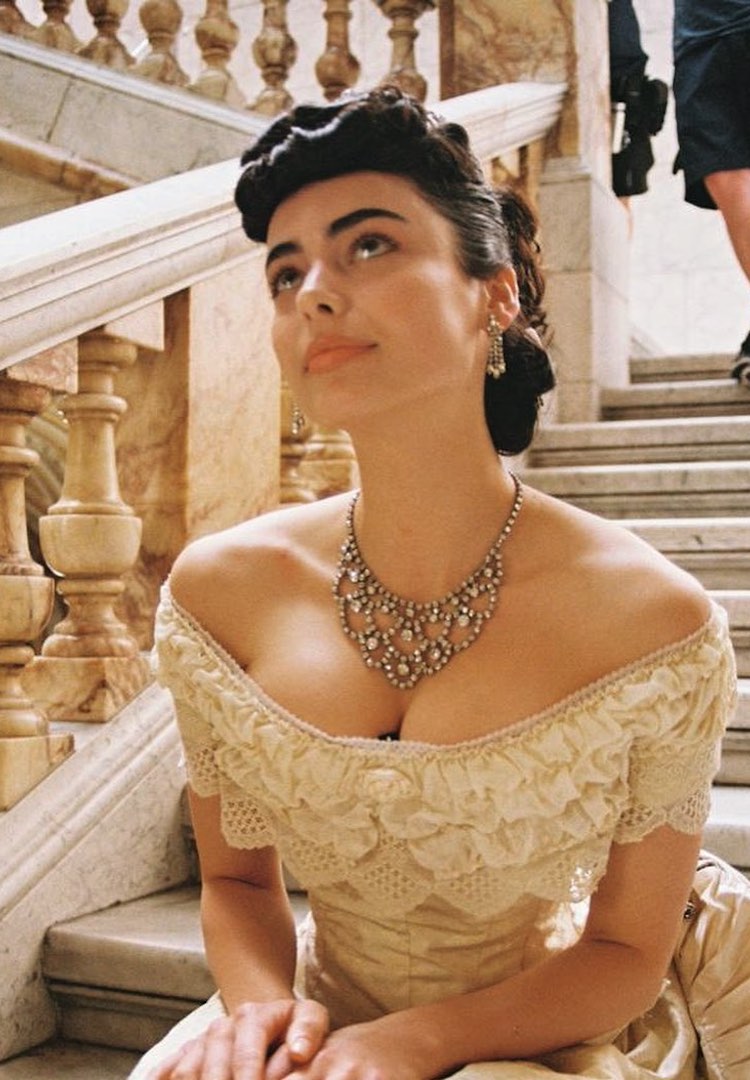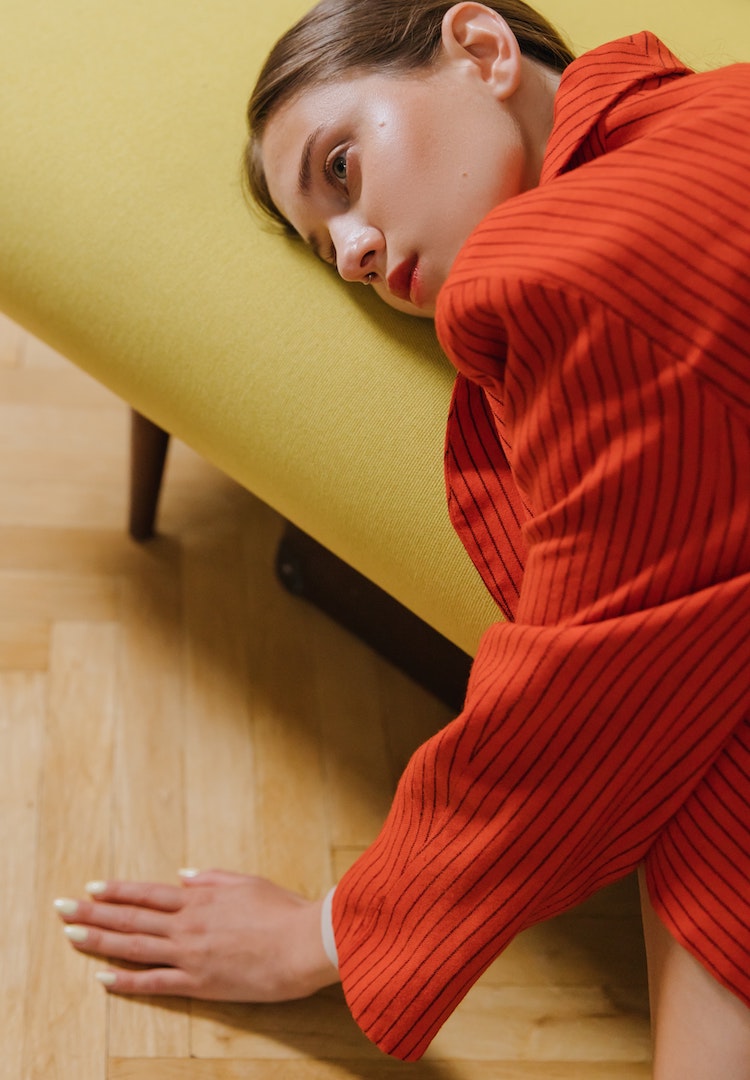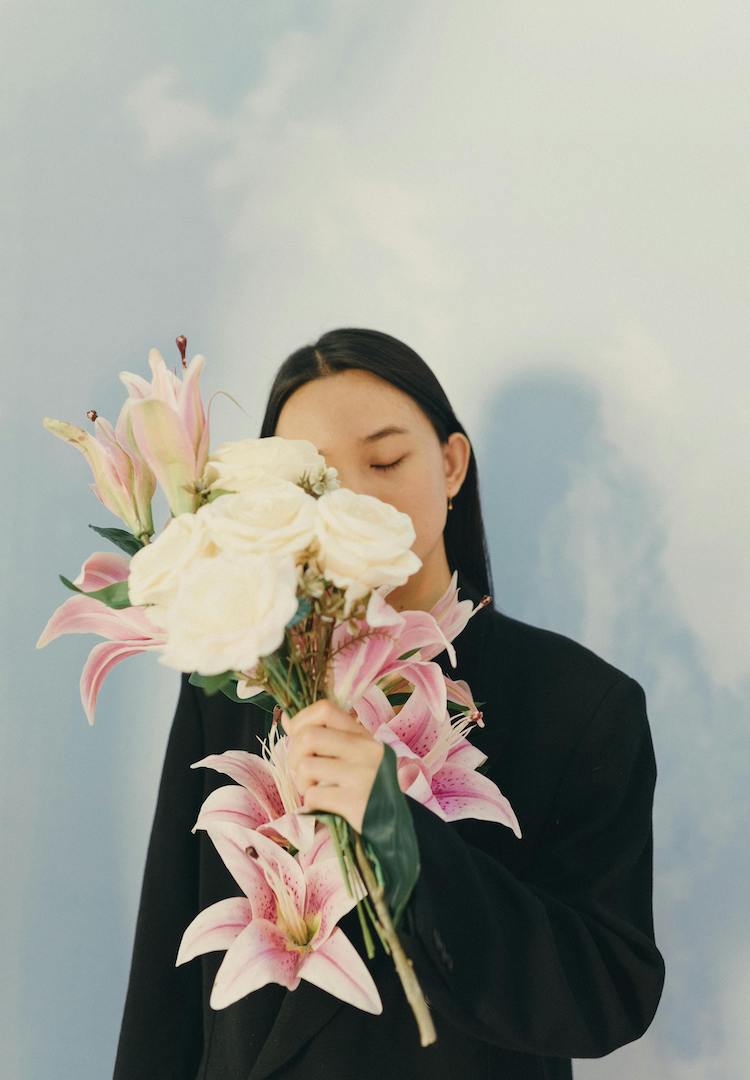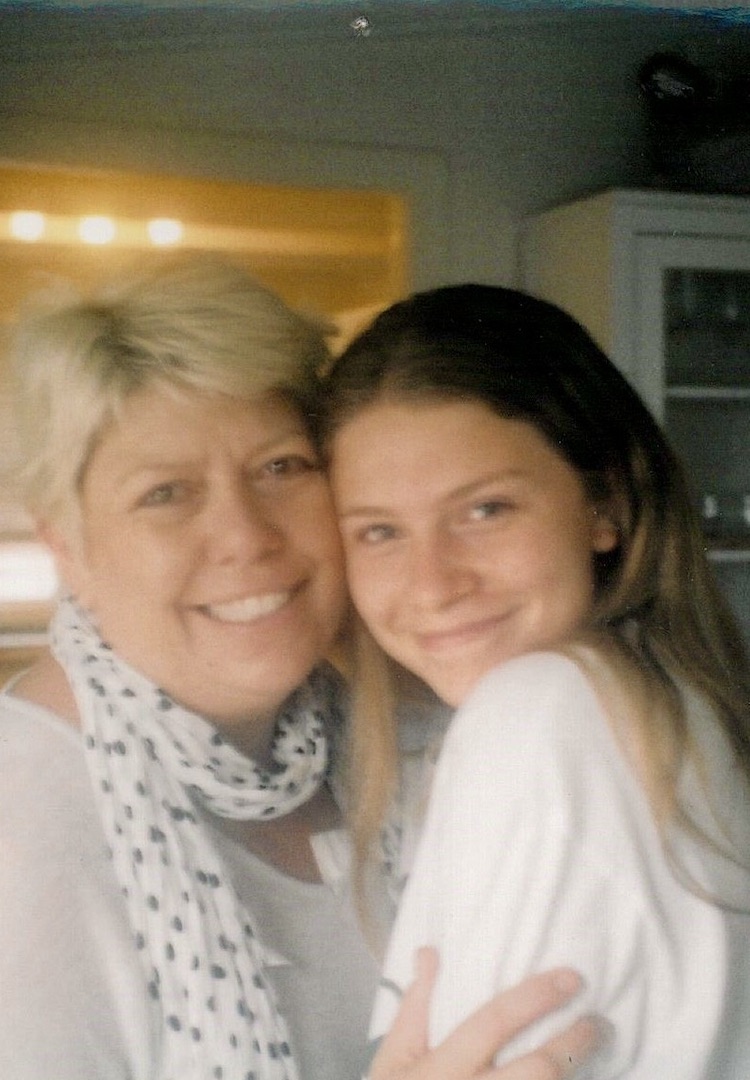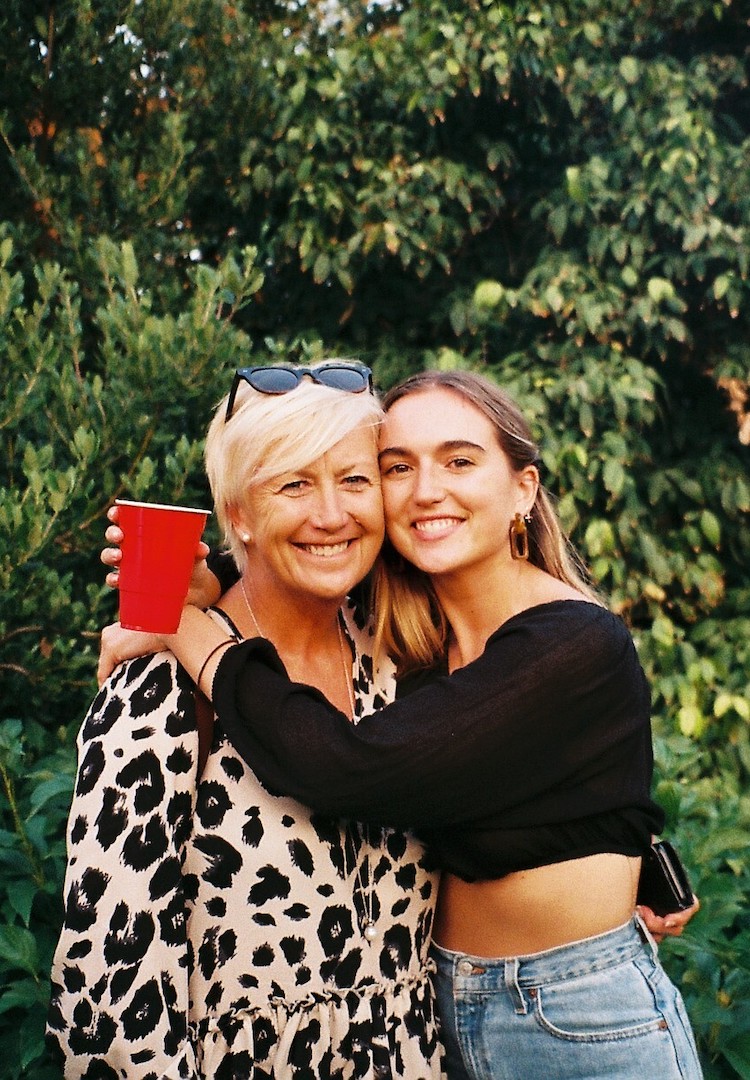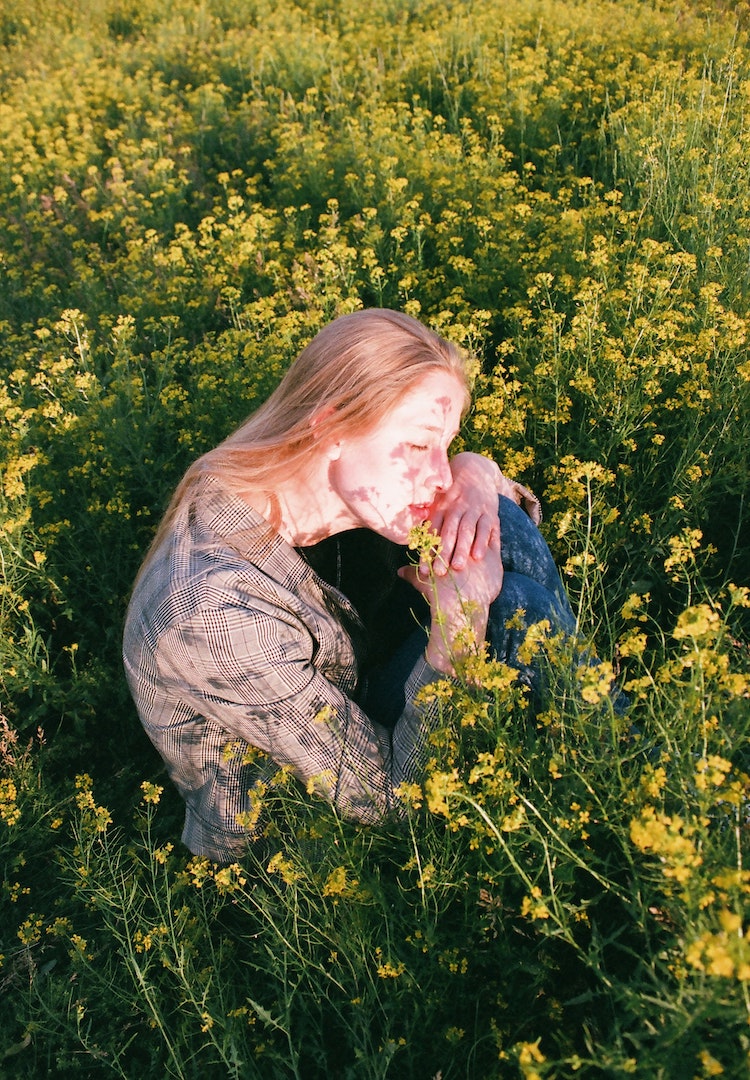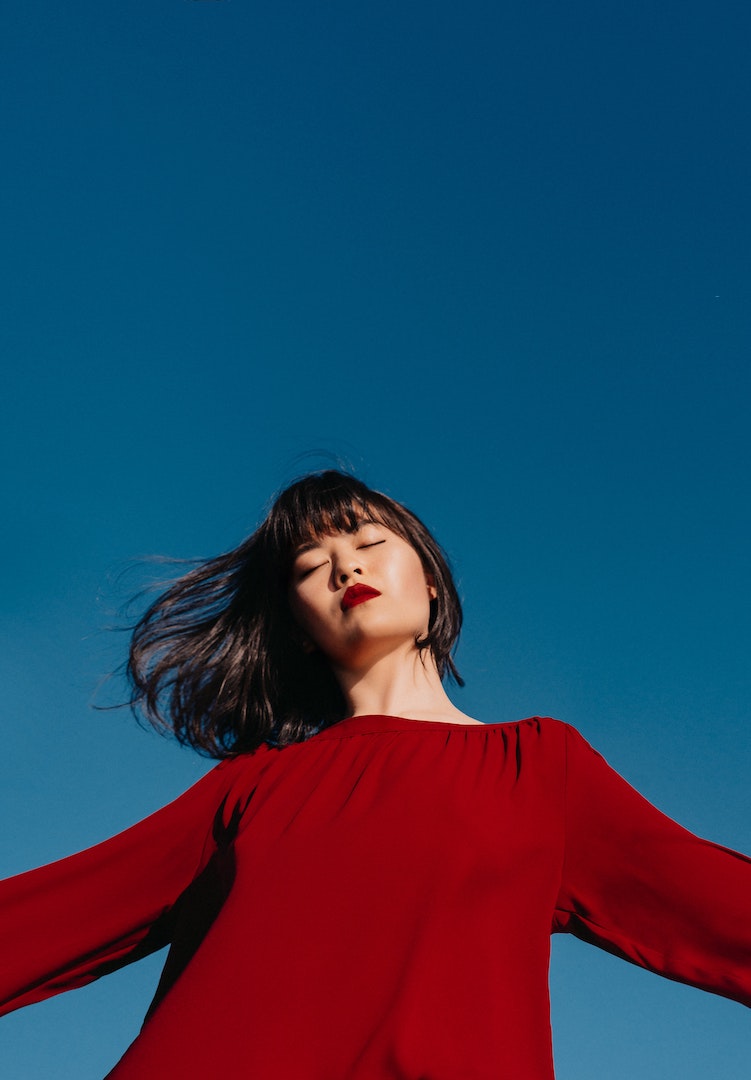What’s a ‘death cafe’ and how can it help you process loss?
Words by Giulia Brugliera
Sometimes you need to hear more than condolences.
Loss and grief are different for everyone. Some can’t understand why the world keeps turning now the person they love is gone. Others feel bewilderment, numb or nothing at all, except maybe guilt that they’re not feeling more. Some cycle through feelings wildly quickly, others suffer from emotional inertia. No two people grieve in the same way, and a person can process two different losses very differently.
It doesn’t help that death is still largely taboo in Western culture. We’re so reluctant to talk about death in day-to-day life that when it touches someone we care about, we don’t know what to say. “Sorry for your loss” can feel so unnatural and so impersonal that even those words feel impossible to utter. But those who have experienced grief will often tell you that silence from the people around them was one of the hardest parts of the days, months and years that followed losing a loved one.
Interested to hear how others navigate the world? Head to our Life section.
Interestingly, there’s a growing movement that’s looking to shift this taboo. Ever heard of a death cafe? It’s a gathering of people who come together to discuss death and all its neighbouring themes, like mortality, end-of-life care and bereavement. Supported by a facilitator, the chat is open-minded and inclusive. As the name suggests, it sometimes is held in a cafe, but can also run elsewhere like a community centre or someone’s home.
It sounds a little morbid but Melbourne-based author, Ruby Todd, assures me it’s a mostly positive environment. The writer (who also has a PhD in writing and literature, and pens the Book of Hours Substack) sat in on a number of local death cafes while researching for her debut novel. Titled Bright Objects, it follows small-town protagonist Sylvia Knight in the wake of her husband’s murder.
Ruby attended multiple sessions with open ears, eyes and mind, making her a worthy source of insight into the inner workings of death cafes. Below, she shares how they help the people who attend.
What exactly goes on at a death cafe?
Each death cafe is unique, but each features a facilitated discussion about death, without agenda, in which attendees are invited to listen, reflect and share. Usually, refreshments are available, such as tea and cake.
Very often, these events are gatherings of strangers. Death cafes welcome the sharing of wide-ranging perspectives and experiences in relation to death, without judgement or religious agenda.
What can I expect from a death cafe? Is there a typical structure?
Generally, death cafes are purposefully quite open-ended in structure. Their key feature is that they are discussions facilitated by someone familiar with death cafes, who offers some reflections of their own about death while also inviting participants time to contemplate, share and respond, as part of a discussion that lasts for about two hours.
One of the great things about death cafes is how they can surprise you out of your expectations. You never know exactly who you might meet, what specific experiences might be shared, or what you might discover about your own fears, assumptions and hopes when it comes to the subject of death. For instance, I once had a fascinating discussion about the general lack of visibility in our culture around death with a psychologist and a journalist. On another occasion, I found myself feeling quite affected by a priest’s description of witnessing the moment of her elderly mother’s passing.
‘Death’ is pretty broad, what themes might be touched on?
Anything that arises in connection with death. For example, I’ve attended death cafes in which people have spoken about their struggles with losing loved ones, their anxieties concerning the admin related to arranging probate as next of kin, their experiences of attending relatives’ funerals, their fears of losing loved ones in the future, and their fears about facing death one day themselves. One of the reasons why death cafes tend to be quite loosely structured is to allow for the whole spectrum of these concerns and experiences to arise in shared conversation, as attendees reflect, share and respond.
How can it help?
The death cafe movement sees death as a natural, if often very difficult, part of life that affects us all, that shouldn’t be a hidden or shameful topic to explore and discuss. The benefits of attending a death cafe can include feeling less alone, learning about others’ experiences, making connections in your community, holding space for others, and having a forum in which to ask questions and share concerns or experiences about death.
How can I find a death cafe that might be right for me?
You can consult the event listings page of the official Death Cafe website to see if there’s an upcoming event near you. It’s also worth googling ‘death cafe’ plus your city, to see what local organisations or groups might be offering events. There are death cafe Facebook pages for both Melbourne and Sydney, for instance.
Read the event details of any listing to ascertain whether it sounds like a good option for you, but death cafes should always be inclusive and welcoming events for everyone. Alternatively, you can propose the possibility of a death cafe to your local library or community centre, or start one yourself! Resources to help you do so are offered here.
Shortlisted for the 2023 Victorian Premier’s Unpublished Manuscript Award, Bright Objects is Ruby Todd’s debut novel. Read more about Ruby here.

